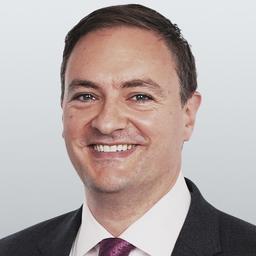Censorship is a “lose-lose situation for everybody,” says a campaigner who’s supporting defendants charged after praying outside abortion clinics.
Lois McLatchie Miller is the senior legal communications officer at ADF UK, the UK branch of an international Christian legal advocacy organization.






